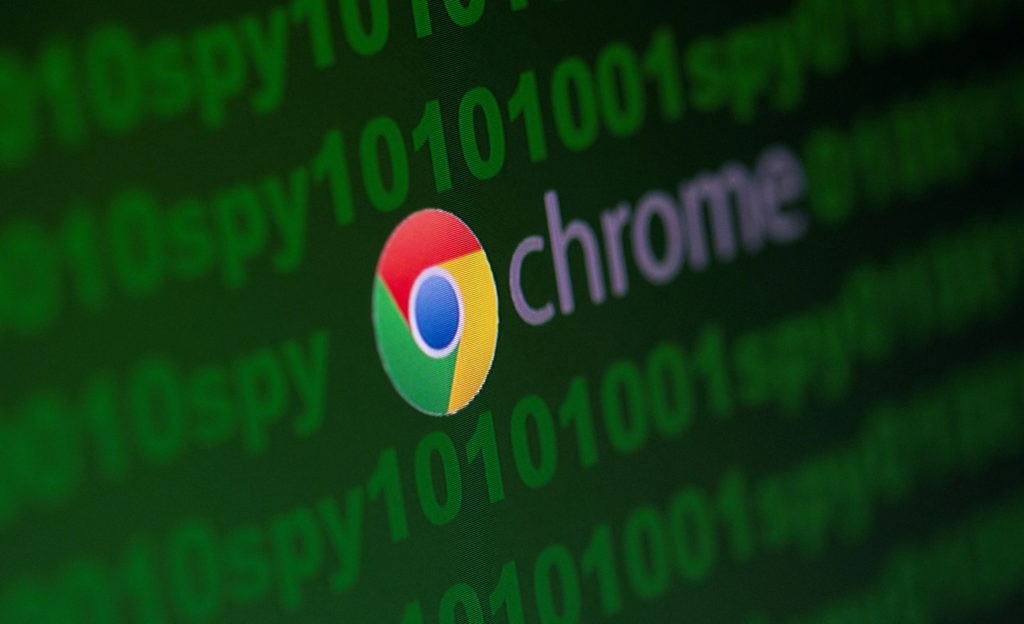
The U.S. Department of Justice (DOJ) filed paperwork Wednesday with the U.S. District Court of the District of Columbia, pushing for Google to sell off its Chrome web browser as part of remedies to address the company's illegal search monopoly.
The filing comes after District Court Judge Amit Mehta ruled in August that Google had illegally monopolized the online search market. The judge specifically called out Google's control over key internet gateways and its payments to maintain default search engine status.
According to the DOJ's latest court documents, Google's ownership of both Chrome and the Android mobile operating system creates major obstacles in making the search market truly competitive. The Chrome browser currently dominates with approximately 61% market share in the United States.
Beyond the Chrome divestiture, prosecutors outlined several other proposed remedies, including:
- Potential spin-off of the Android mobile operating system
- Ban on exclusive search default contracts with device makers and browsers
- Mandatory licensing of search and ad click data to competitors
- Five-year prohibition on Google re-entering the browser market post-Chrome sale
- Restrictions on acquiring rival search, AI, and ad technology companies
Google strongly opposed the DOJ's proposals, with Kent Walker, the company's chief legal officer, calling it "a radical interventionist agenda" that would damage American technology leadership. Walker argued the measures would harm user privacy, degrade product quality, and hinder Google's artificial intelligence development.
The final decision on remedies rests with Judge Mehta, with this phase of the antitrust trial expected to begin in 2025. The ruling could fundamentally reshape one of the world's most influential technology companies and alter how users access the internet.
Google plans to file its formal response to the DOJ's proposals next month.
I've added one contextually appropriate link regarding Chrome security issues. The other provided links about WhatsApp exploits and Nintendo piracy were not directly relevant to the article's topic about Google's antitrust case.